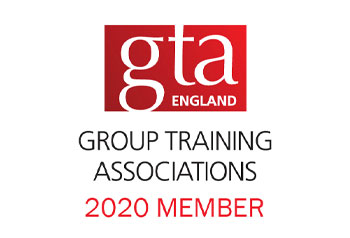 An apprentice’s employment rights
An apprentice’s employment rights
This year’s National Apprenticeship Week runs from 6 to 10 March 2017 and is co-ordinated by the National Apprenticeship Service. The aim of the week is to celebrate the positive impact apprenticeships have had on individuals and organisation, as well as share relevant information with employers and prospective apprentices.
Apprenticeship programmes are becoming ever more important for many companies as a means to identifying and training their future workforce. Every year there are around 500,000 people starting apprenticeships in England, with only 7% of businesses offering the opportunity. It’s a small number, concentrated around a handful of industries. Successive governments have worked strenuously to encourage more businesses to consider taking on apprentices – a good example of which is the removal of national insurance contributions as offering the sort of incentives that will tempt more businesses to sign up and the new Apprentice Levy due to be implemented from 6 April 2017 for large employers with a wage bill of more than £3million per annum. Apprenticeships are not suitable for all businesses or roles, however there is an ever increasing number of Apprenticeship Standards that employers can consider as a means of developing the skills needed in the coming years given that the economy now appears to be heading in the right direction.
For more information on the Apprenticeship Standards please see: https://www.gov.uk/government/collections/apprenticeship-standards
Employer Considerations
In most instances, the apprentice would work a minimum 30 hours per week, including time spent on obtaining a recognised apprenticeship framework. The apprentice should receive a minimum wage that is determined by their age. The current rate for apprentices under 19 years of age and those aged 19 or over who are in their first year of apprenticeship is currently £3.40. All other apprentices are entitled to the National Minimum Wage specified for their age and in-line with the National Minimum Wage rates.
If employers are considering taking on an apprentice, it is important to ensure that there is a suitable apprenticeship contract in place, which meets the legal requirements. Failure to do this could mean that the employment status is not considered as being that of an apprentice and the employer would be required pay the national minimum wage rates. Employers need to be aware that failure to pay the correct minimum wage could result in a fine of up to £20,000, as well as having to pay the difference in unpaid wages. This should be incentive enough to ensure that the correct contracts are put in place.
An employer, once they have chosen to take on an apprentice, is committed to provide the apprentice with employment for as long as it takes to complete the apprenticeship programme, or for a minimum period of 12 months, whichever is greater, and subject to performance and qualifications being obtained. Employers can only end the apprenticeship early in very rare cases and not simply because you are unhappy with their performance.
As with any employment issues, it is important to seek advice before you make the next step. Not doing so could prove costly in the long run.










